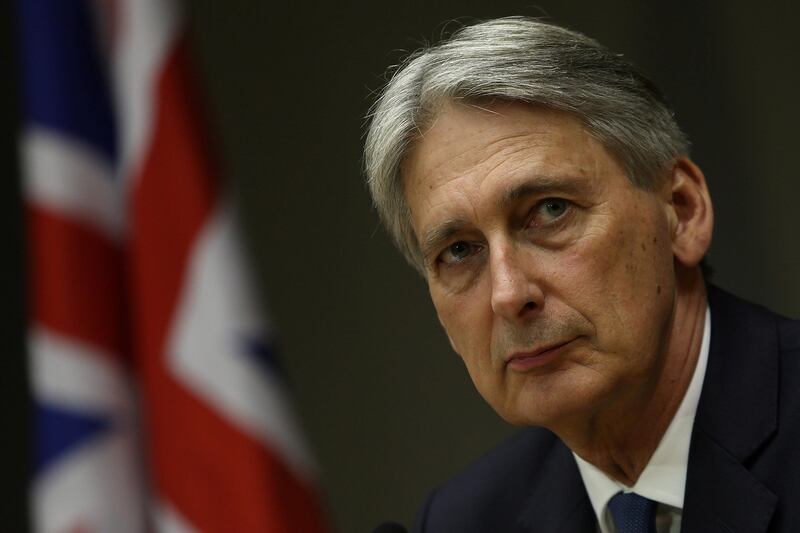Britain's finance ministry proposed a new fund on Tuesday to help promising start-up companies that risk losing access to European Union finance after Brexit.
Last year British companies received around £800 million (Dh3.88 billion) of equity finance and £400m of other assistance such as loan guarantees from the European Investment Fund, part of the EU-backed European Investment Bank (EIB).
While the EIB does fund some projects outside the EU, it is unclear if British companies will have easy access to this finance after they are no longer part of the bloc.
And money from the European Investment Fund often plays an important role in unlocking private-sector finance.
"It's vital that we make sure our cutting-edge firms have the funding they need to meet their potential," said the chancellor of the exchequer, or finance minister, Philip Hammond, of the proposed National Investment Fund.
Key details such as the size of the fund and how it will be financed are yet to be decided, and will be part of a government consultation with industry.
The finance ministry said the fund could either be a public-private partnership or start off as wholly public funded and then sold off after it had developed a track record.
It added that there was a general shortage of funding for British start-ups compared to their American competitors.
Just one in 10 British start-ups that receive initial funding progress to receive a fourth round of finance, compared with nearly a quarter in the United States, it said.
"The National Investment Fund will help address this gap," the ministry said.
The United States accounts for more than half of start-ups globally which have reached a valuation of more than US$1bn, while 4 per cent of the global total have come from Britain, the highest share in Europe.
* Reuters






